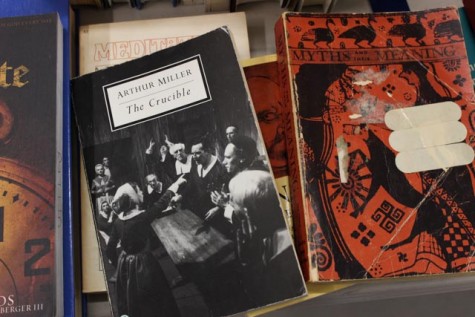Analysis Of The Play Medea By Euripides English Literature.
Euripides' Medea Essay 1038 Words 5 Pages Euripides' Medea Medea is the tragic tale of a woman scorned. It was written in 431 B.C. by the Greek playwright, Euripides.
The tragedy “Medea” was written in 431 B.C. by the Greek playwright, Euripides. It is based upon the myth of Jason and Medea. Euripides was a Greek tragedian, and his works were modern and attic at the same time. He touched upon problems of customs, traditions and beliefs.

Medea Essay Topics. Look for the List of 133 Medea Essay Topics at topicsmill.com - 2020.

Medea, in the play of the same name, kills her two sons and by societal standards, she would be deemed a bad mother. The Wicked Character Medea in Euripides' Medea Essay; Creative writing literature buyessay new zealand creative writing.

Essay on Medea, by Euripides Written in 431 BCE, right on the cusp of the Peloponnesian War, which Athens would fight with Sparta — and lose — Euripides’ play, Medea, mirrors the many tragedies that would soon afflict Athens. Euripides seems to anticipate the rather bleak Athenian future, the demise of democratic values, and the ongoing.

The Medea By Euripides, A Classical Tragedy - The Medea In “The Medea” by Euripides, a classical tragedy written in 431 B.C.E, the playwright shows that one 's cleverness and need for revenge can lead to disaster. Medea leaves her family and her homeland, Colchis, with her husband, Jason, to Corinth.

Delineating the Role of Women in Euripides' Medea Essay 1079 Words 5 Pages Charlotte Bronte once said, “Women are supposed to be very calm generally, but women feel just as men feel. They need exercise for their faculties, and a field for their efforts as much as their brothers do.

Euripides has been credited with bringing elements of both realism and melodrama into the art of ancient tragedy (see context). Where in Medea are these innovations evidenced? The theme of exile is recurrent in Medea. How does exile serve as a useful metaphor for Medea's emotional states in the play?

Medea Medea is a Greek tragedy which was written in 431 BC by the Greek philosopher Euripides. The story of Medea is one filled with anger, jealousy, and death. The main character, Medea, has to overcome the personal heartache of seeing her husband, Jason, marry another woman.

Medea: Euripides and Questionable Narratives Selena R Barron College Despite her violent transgressions, Euripedes paints Medea as a victim from the start to the end of the play. Even Medea’s most violent act, the murder of her own children, is made complicated by Euripides’ appeal to the reader’s sympathy for her situation.

Sophocles Antigone and Euripides Medea are two Greek plays that share many similarities. For example, the way the audience is informed of history and the defiance of the traditional role of women are only two.Thus, Greek tragedy has many reoccurring themes, which can be directly related to the society in which they were written.

In Euripides’ play Medea the characters show how selfish a human being can be. Selfishness is shown in the two major characters Jason and Medea, as well as through the minor characters. Jason shows his selfish ways by abandoning his family to marry another woman in order to achieve a higher status.

Apart from other aspects, it is this realism of Euripides that makes his plays shine forth in retrospective analysis, attributing to them a timeless universal quality.In Euripides’ treatment of the legend of Medea, one finds subtle subversions of the patriarchal ethos of his time, which at the same time are balanced through his dramatic innovations for the purpose of tragic ambivalence.



